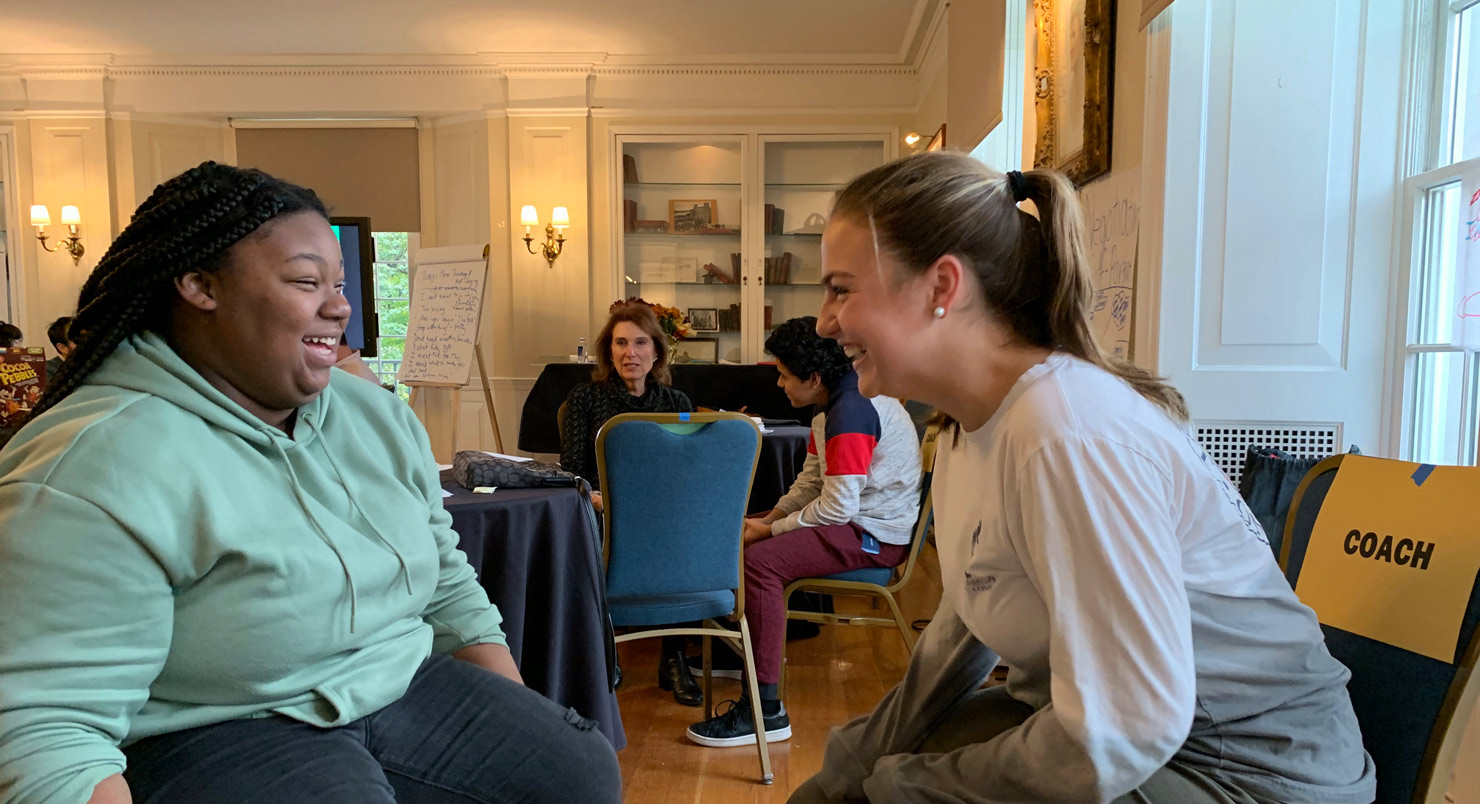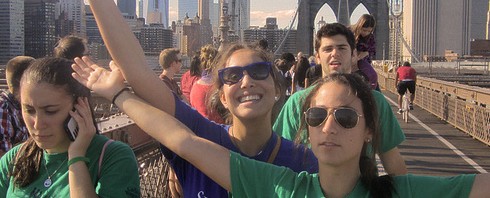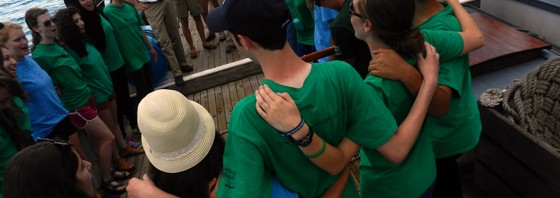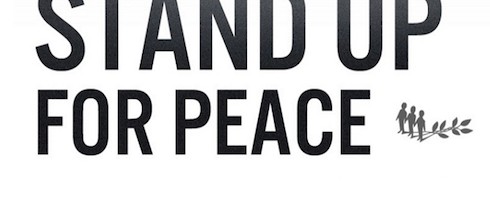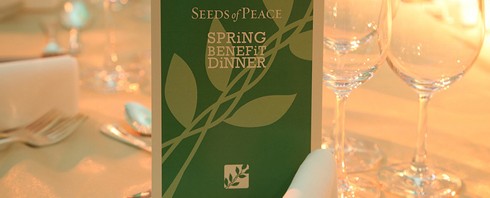WALTHAM, MASS. | Forgive Florian Rexhepi if the “war” under the boards doesn’t really feel like a war and the “battle” for a loose ball hardly resembles a battle. You see, the Brandeis University freshman men’s basketball player knows all about real wars and battles. In 1999, the native of Skopje, Macedonia, lost his grandmother when a stray bomb hit the bus she was riding in while traveling from the Kosovo region of Serbia to Macedonia. As a member of the Albanian minority in Skopje, Rexhepi often fought with gangs of Macedonian youth. He routinely heard gunfire from the window of his family’s apartment.
“It’s post-conflict so it’s better now, but it still hasn’t all calmed down,” the 20-year-old says. “People are finally realizing that all the different people in Skopje have lived together (in relative harmony) for a long time.” Sports, particularly basketball, kept Rexhepi out of trouble. He joined a prestigious basketball academy at age 12 after impressing the coaches with his ability to make a layup with either hand, a skill he developed while shooting off a window in his apartment.
“Where I come from, kids aren’t concentrating on school,” says Rexhepi, whose English has only the slightest hint of an accent. “There’s a lot of drugs, alcohol and partying. It seems not a lot of people there see their future as school. For me, basketball kept me away from other things.” Rexhepi started his first season at Brandeis slowly, in part because he missed three weeks of preseason drills with a pulled groin, but came on strongly. He led the team in scoring during the last three games of a five-game winning streak just before break, earning himself a spot in the starting lineup when the players returned.
Rexhepi showed Coach Brian Meehan’s faith in him was justified when the 6-foot guard struck for a game-high 27 points, including 12-for-12 shooting from the foul line, and grabbed eight rebounds to help the Judges erase an 18-point deficit in a stirring win over New York University.He finished his freshman year as the team’s No. 2 scorer, and repeated that accomplishment as a sophomore. He was named one of three tri-captains before the 2005-06 season. “This kid has been through so much, there’s nothing that will happen on the basketball court that will rattle him,” Meehan says. “He’s getting better and better every game.”
Rexhepi took a circuitous route to Brandeis, using his considerable basketball prowess and a fierce determination to make a better life for himself and his people back home to finance the lengthy journey. After spending time in the summer of 2001 in Maine as part of the Seeds of Peace international coexistence program, he accepted an invitation to enroll at St. Johnsbury Academy in Vermont. He spent two productive years there—improving his English, developing proper study habits, and becoming a standout basketball player—but the transition was not easy. “The first week in Vermont I couldn’t sleep because it was so quiet,” Rexhepi says. “It was hard to leave my family and friends. It was hard waking up and not seeing them.
At first, it was a struggle in class. I had to start concentrating in school.” His play on the court attracted the attention of the coaches at Phillips Exeter Academy, and he was offered a scholarship to the prestigious New Hampshire prep school for a post-graduate year. He averaged 17 points, 5 assists, 5 rebounds and 2 steals a game against high-level competition. Rexhepi is enjoying his time at Brandeis—on the court and off. He is taking advantage of an opportunity he would not have gotten had he stayed in Macedonia. “I didn’t come here to get away from somewhere,” he says. “I came here to get somewhere.”


